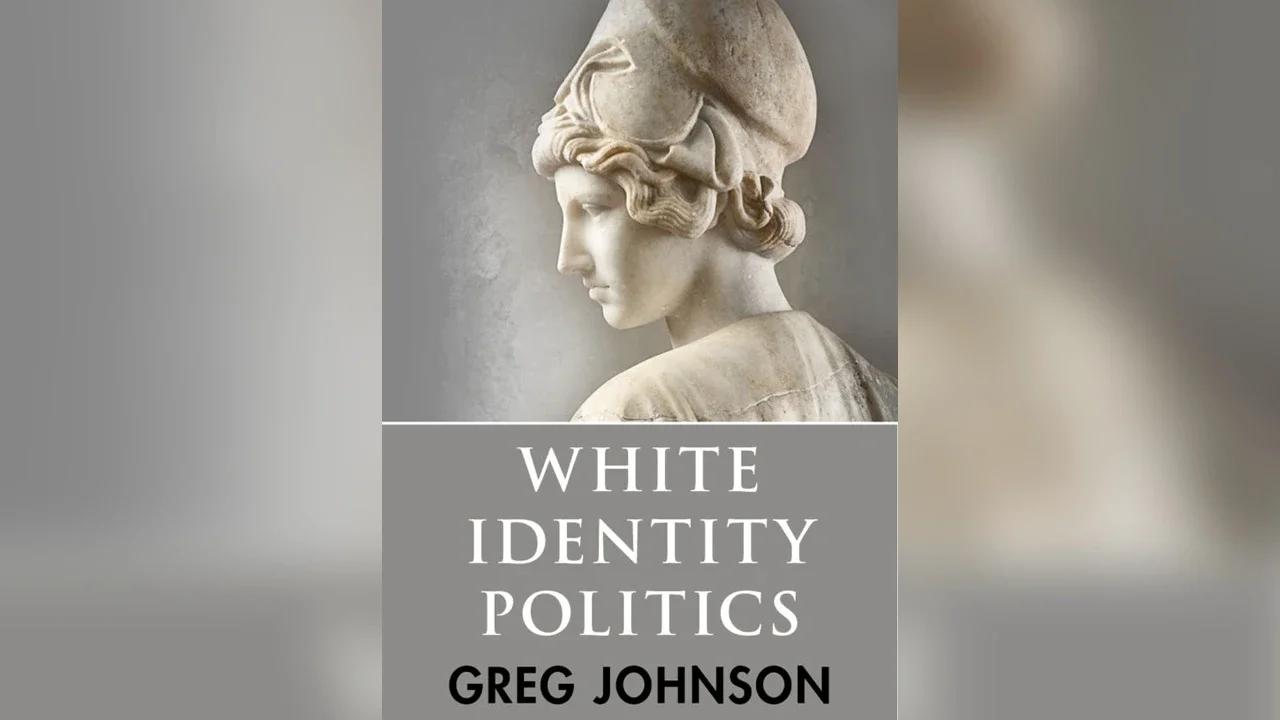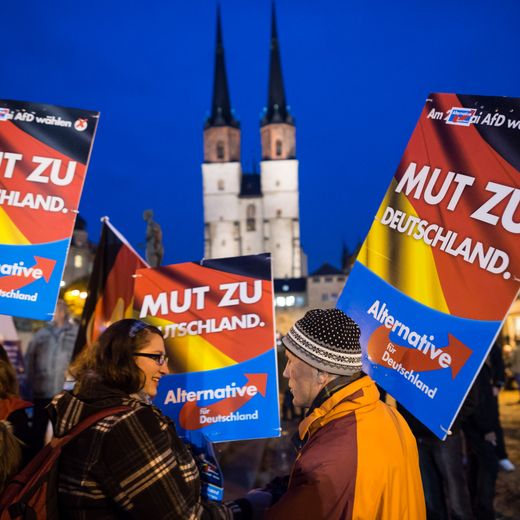Community Project Champions White Identity Politics Amid Growing Legal Challenges
In a controversial yet noteworthy initiative, Keith Woods has highlighted the achievements of the "Return To The Land" project led by Aarvoll, which aims to create a community centered around the right to freedom of association for White individuals. Despite criticisms labeling the project as an escapist venture that abandons traditional political engagement, supporters assert it has made significant strides in the realm of metapolitics, stirring debate and drawing mainstream attention.
Background & Context
The "Return To The Land" project emerges from a backdrop of increasing polarization in American society, where discussions about race, identity, and community have become increasingly contentious. Advocates argue that the project serves as a legitimate expression of White identity politics, a perspective that has historically faced scrutiny in mainstream political discourse. Woods" comments on the project underscore a pivotal shift in how such discussions are framed, suggesting that the project has opened avenues for dialogue previously dominated by skepticism and hostility.
Critics of the project, however, contend that this enclavist approach undermines broader political engagement and could foster divisiveness. They argue that retreating into homogenous communities is not a sustainable solution to the complex issues of race and identity in America. The ongoing debate reflects a larger societal struggle over the meaning and implications of racial identity in a multicultural landscape.
Key Developments
Woods points to several key achievements of Aarvoll"s project that he believes have advanced the cause of White identity politics in a meaningful way. Notably, the project has successfully mainstreamed discussions surrounding the right to freedom of association for White individuals, with various commentators beginning to publicly defend this principle. This shift is significant, as it marks a departure from previously dominant narratives that often depicted such discussions as fringe or extremist.
Moreover, the media"s response to the project has been telling. In what Woods describes as a notable backlash, mainstream outlets have explicitly attacked the notion of Whites living free from diversity, framing it as a regressive and exclusionary stance. This reaction, while critical, highlights the contentious nature of the project and its implications for public discourse on race and identity.
Supporters like Nick Fuentes have weighed in, asserting that if Aarvoll"s model can withstand legal scrutiny, it could represent a substantial political victory. Fuentes emphasizes the potential for the project"s replication across the country, which could further entrench identity politics in local governance and community organization.
\n\n
Image for Community Project Champions White Identity Politics Amid Growing Legal Challenges
Broader Impact
The implications of the "Return To The Land" project extend beyond its immediate community. By challenging conventional narratives around race and identity, the project may encourage similar initiatives elsewhere, potentially reshaping the landscape of American politics. Experts suggest that such movements could intensify the polarization already present in political discourse, as they may galvanize both supporters and detractors into more extreme positions.
As Woods and others highlight the project"s achievements, it raises questions about the future of identity politics in America. Historical comparisons can be drawn to other enclavist movements that sought to establish cultural or ethnic autonomy, often facing legal and societal challenges. The outcomes of these movements have varied, with some achieving greater acceptance and others leading to increased isolation and conflict.
What"s Next
Looking ahead, the future of the "Return To The Land" project hinges on its ability to navigate legal challenges and public perception. The project"s success could embolden similar initiatives across the country, prompting a reevaluation of how identity politics is approached in both local and national contexts. Legal experts are closely monitoring the situation, as any rulings regarding the project"s legitimacy could set precedents for future community-based identity movements.
As discussions surrounding the right to freedom of association for Whites continue to gain traction, the broader implications of these debates will likely permeate various aspects of American life, from local governance to national policy. The outcomes of such initiatives remain uncertain, but they are poised to influence the ongoing conversation about race and identity in America.

Image for Community Project Champions White Identity Politics Amid Growing Legal Challenges



![[Video] Gunfire between Iraqi security forces and Sadr militias in Baghdad](/_next/image?url=%2Fapi%2Fimage%2Fthumbnails%2Fthumbnail-1768343508874-4redb-thumbnail.jpg&w=3840&q=75)
